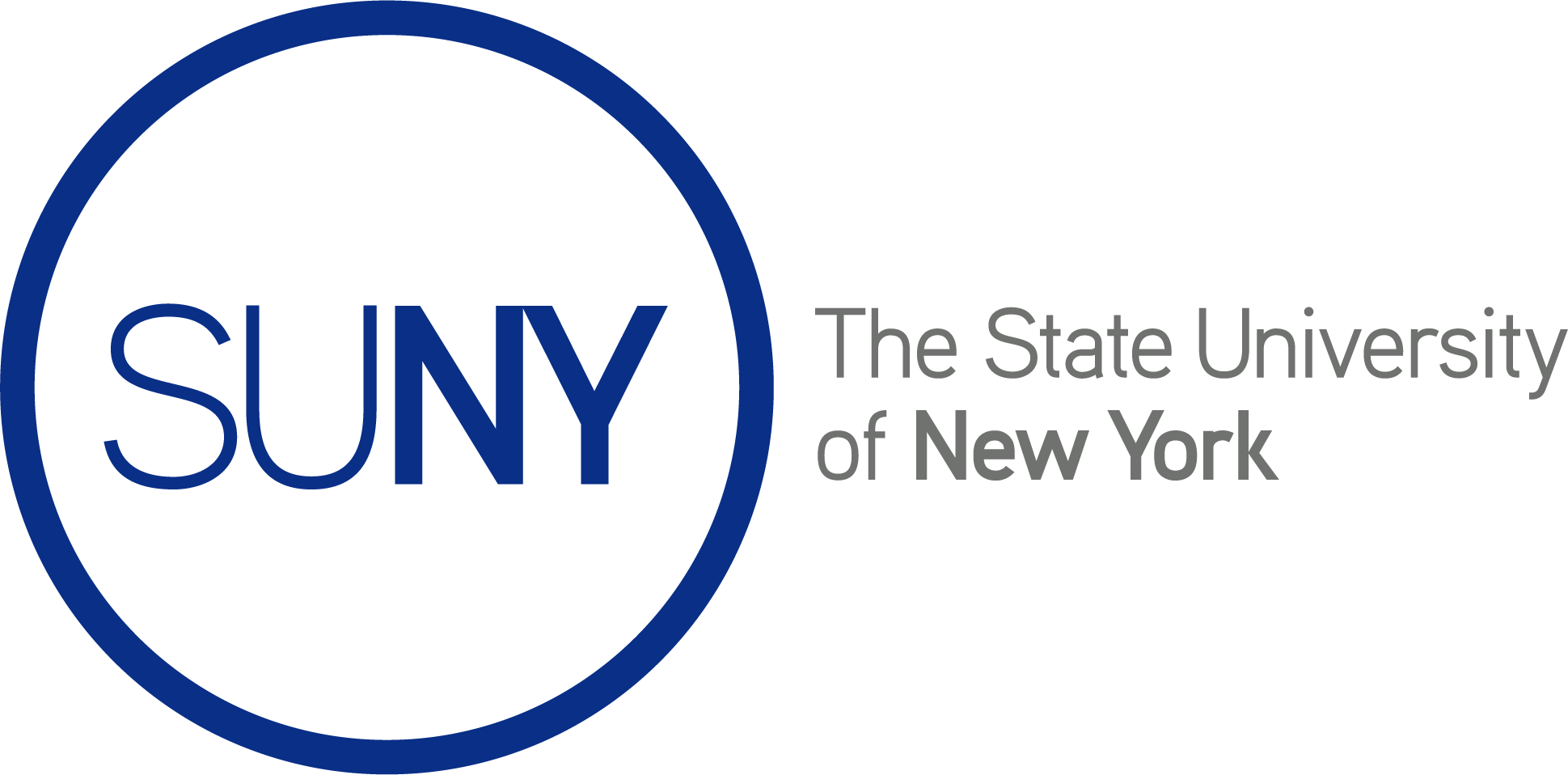I would like to write about several things:
How I was encouraged to get a PhD but not advised on how rare full time jobs were. At the time, I felt OK taking out HUGE loans because I believed I would get a well-paying job and would be able to afford to pay off a HUGE amount of loans.
How after I got my doctorate, I could only get work as an adjunct – for YEARS. This meant that I had to work at two, three, and even four schools at a time to earn enough income to survive. This required not just a lot of time working, but a lot of time driving from one school to another. So, there was a huge cost in gas. And, of course, I could not afford a decent car, so there were many uneasy days of driving, hoping I would get home/to work OK.
Because my area is technically English, most of the classes I got were Composition and Research which are HUGELY time consuming. It was common for me to have SEVEN classes a semester amongst three schools. Four of them would be the basic composition, but I always had students in my other classes write essays, too, because I believe this is good for the students. I would also teach three classes in the summer. Most full time faculty teach seven classes a YEAR.
Because so much of my time was taken up with creating power points and lesson plans and tests and grading papers and driving, I had no time to do my own research, so could not publish very often. I also could not go to many conferences because of the time and the cost, which I feel deprived me of the ability to be on the cutting edge of my field. This meant I could not bring the most recent ideas, theories, and research into the classroom very often. And STILL I managed to create and teach five new classes for Women’s and Gender Studies. And I took students on several field trips to conferences or museums. Because I feel teachers should TEACH, and their focus should be on what the students need.
Needless to say, I had no personal life, no home life. And yet I was one of the lucky ones because my main school was Oneonta, which provides GOOD health insurance and retirement options for adjuncts teaching at least two classes. Plus, my colleagues were WONDERFUL and supportive. However, my very small income did not just make my life difficult while I was teaching; it determined the amount of Social Security and Retirement I receive every month now, which means I live very close to poverty, still. When Covid hit, student enrollment in all the schools I taught at went down. Fortunately, I was familiar with Blackboard because of the enormous help and support given to teachers at Oneonta from TLTC. One of my Composition classes at SUNY Morrisville was already online and contained twenty students who were nurses at Basset Hospital, and they experienced unique challenges. My other Composition class was easily (for me) converted to an online class, as were my three classes at Oneonta. Spring of 2020 was rough for everyone. When the pandemic continued in Spring of 2021, Morrisville informed me through email that they were giving my classes to a full time faculty because of low enrollment. That same Spring, Oneonta could only offer me two classes. To survive financially, I retired a couple years sooner than I had planned because then I could at least collect Social Security and Retirement.
So THAT is how capitalism in education affected me, and by extension, my students. For the last two years I taught, I actively discouraged young people from going to college because of the lack of well-paying jobs for graduates and the crippling burden of loans.


